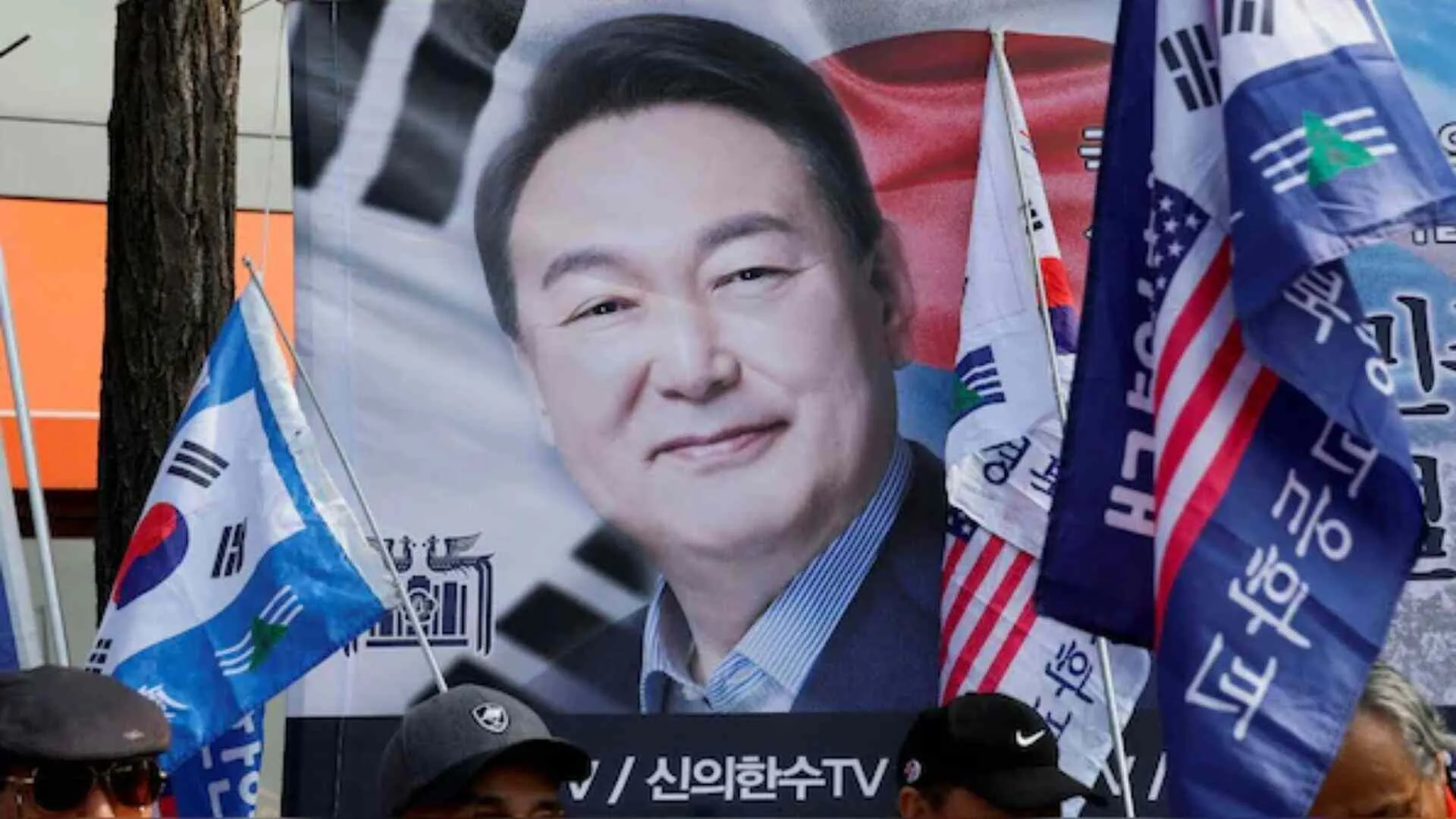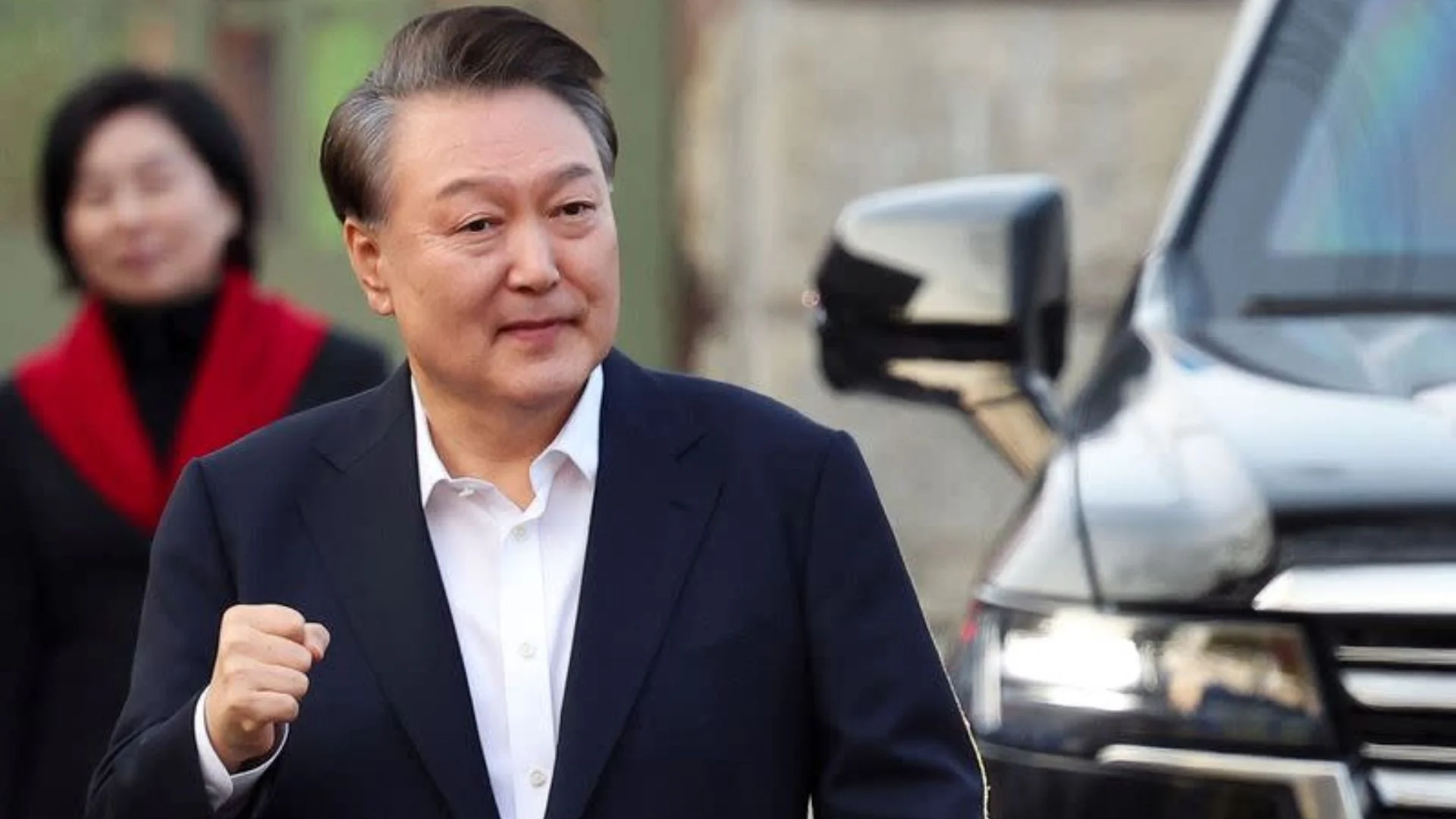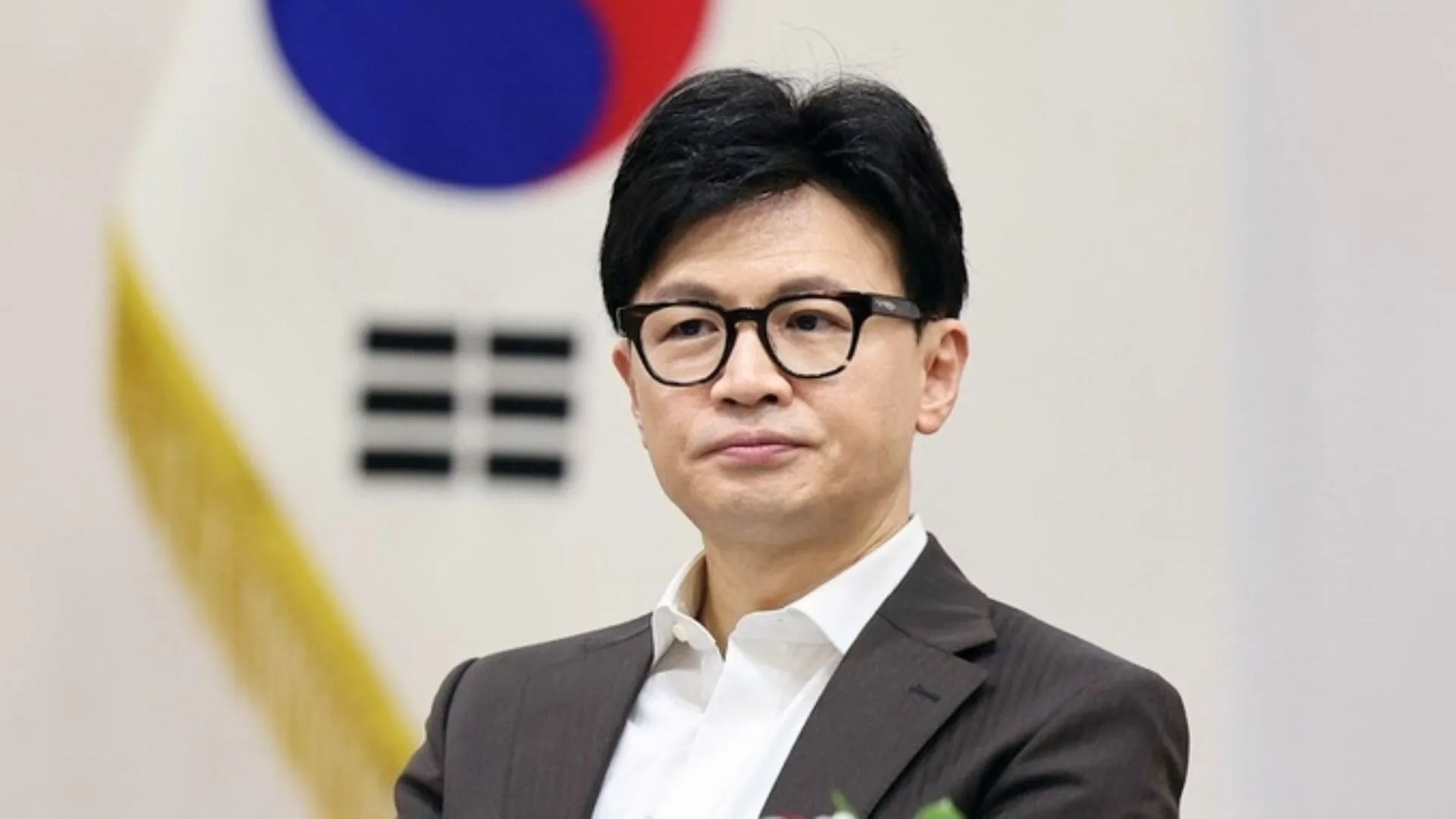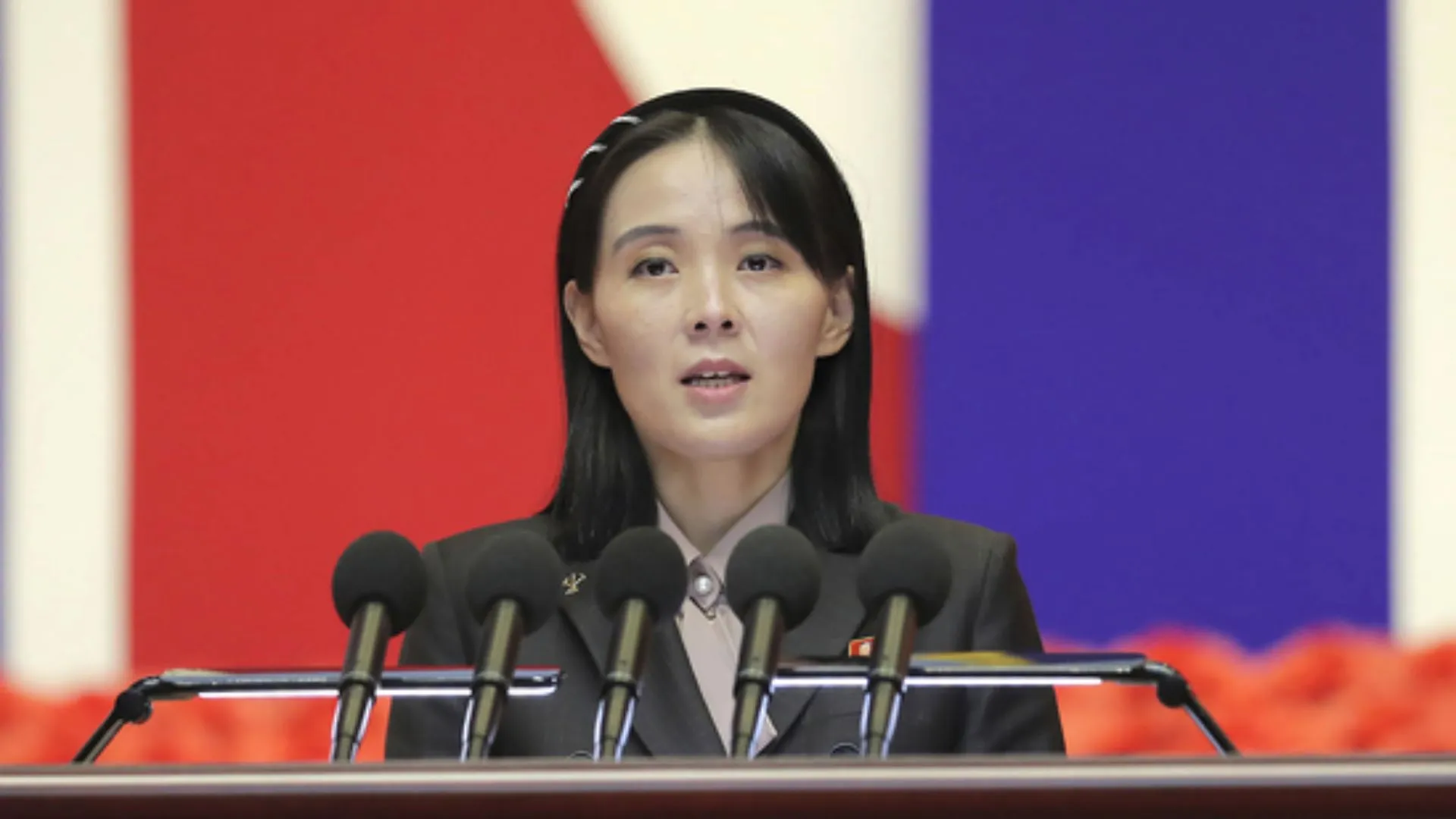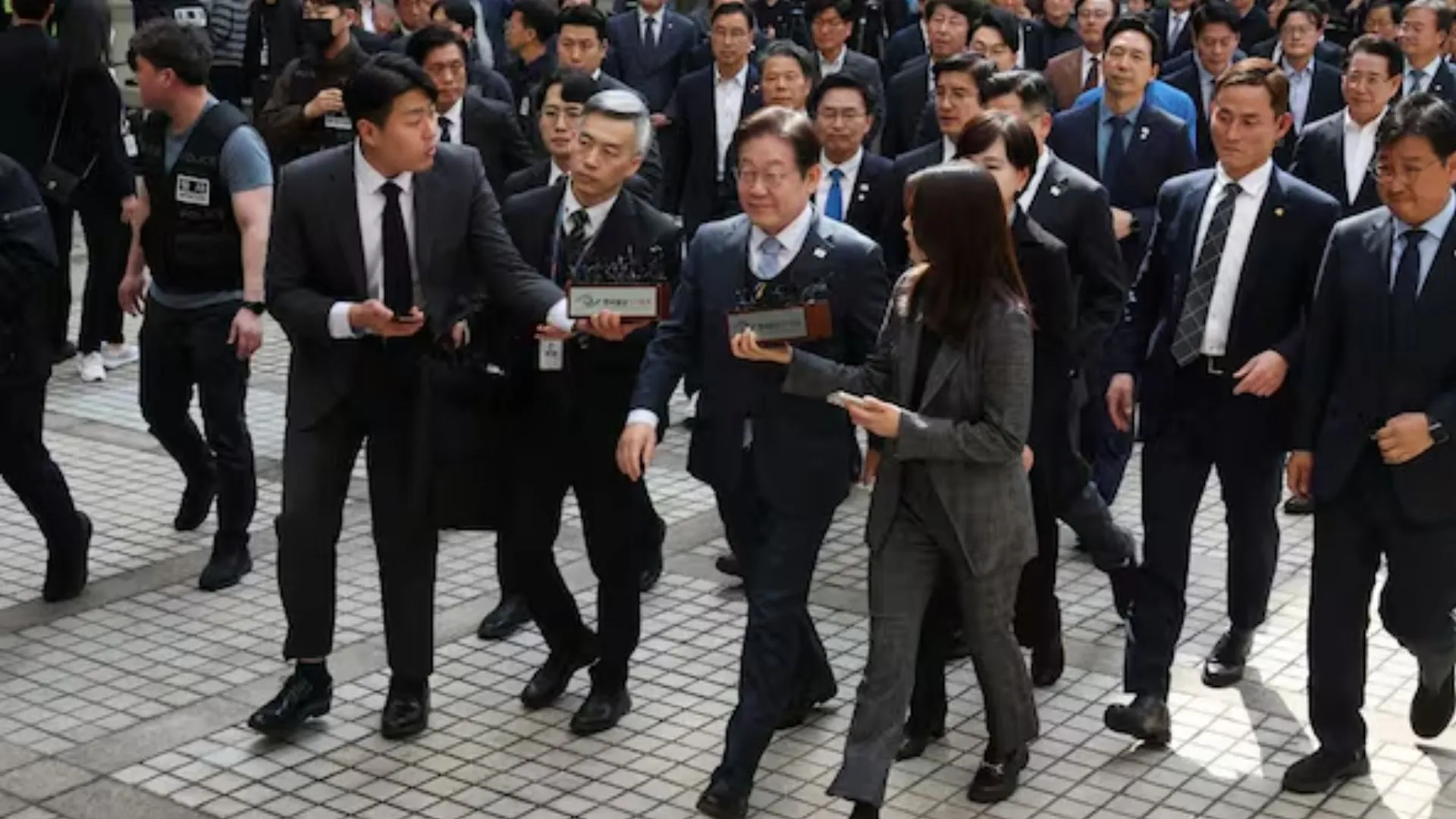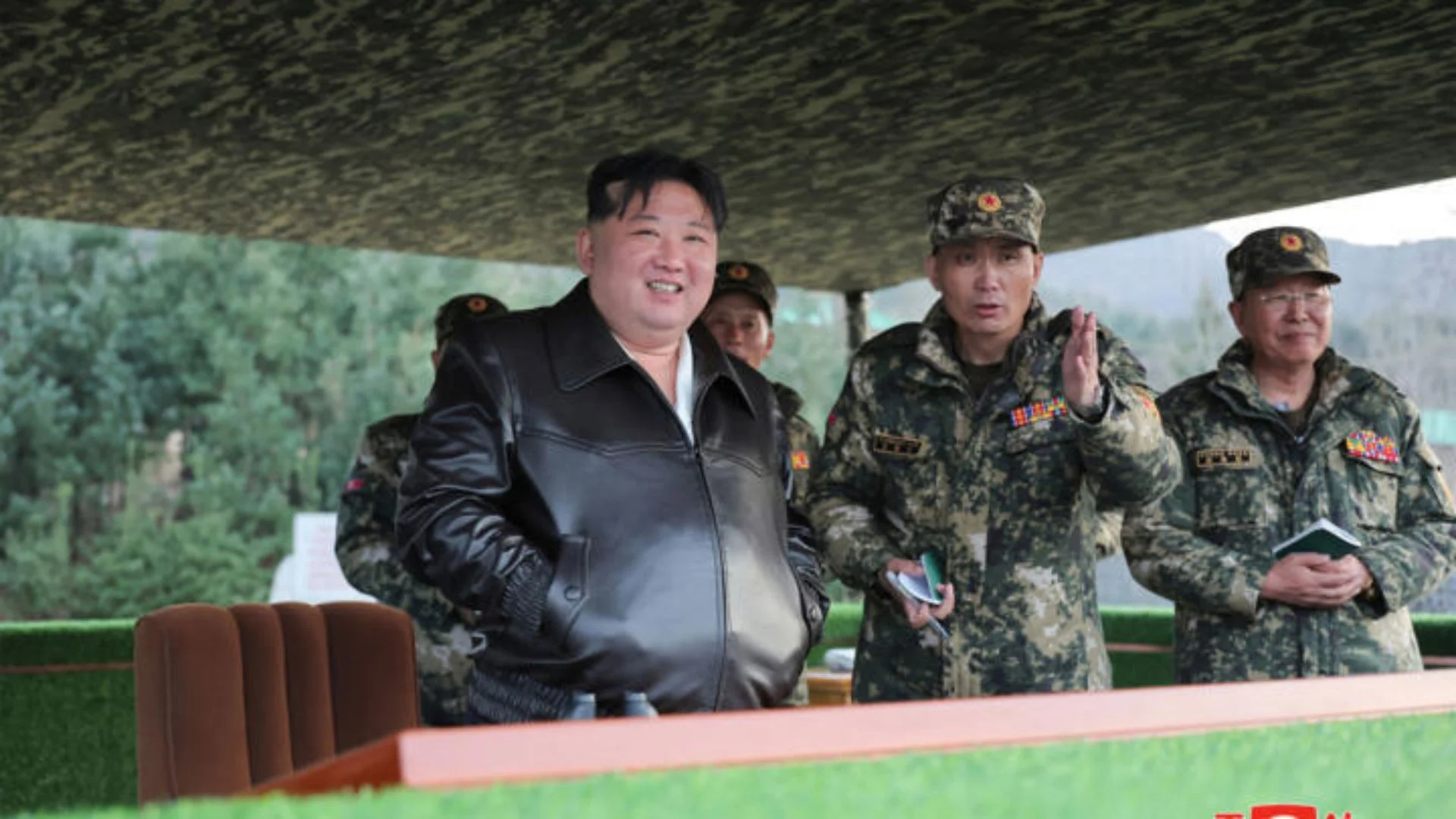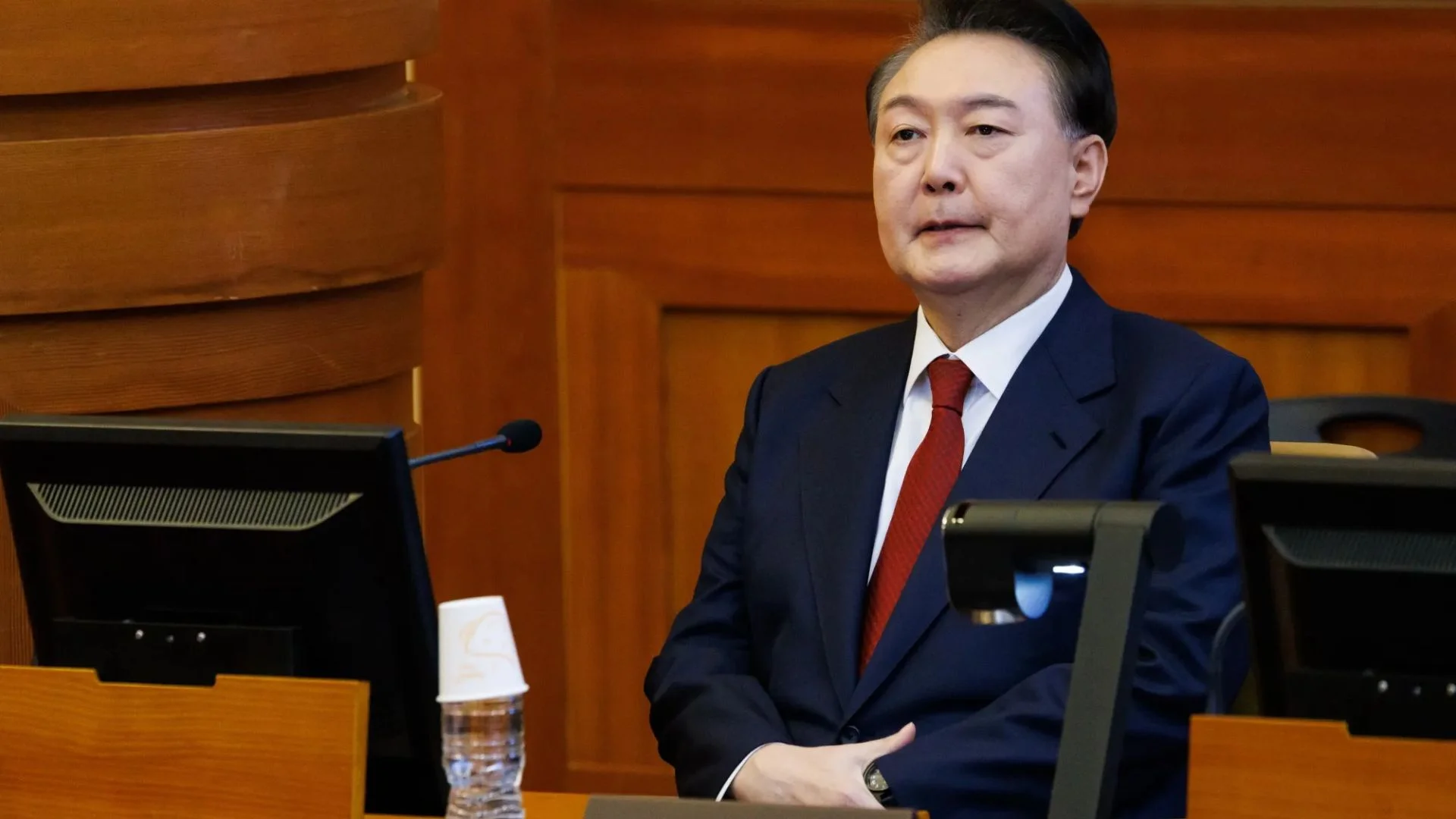South Korea is set to hold a surprise presidential election on June 3 after the impeachment of the country’s former President Yoon Suk Yeol by the Constitutional Court last week. Acting President Han Duck-soo is expected to officially approve the election date in a Cabinet meeting on Tuesday, April 8, quoting government sources for Yonhap News Agency.
Yoon’s ouster is only the second impeachment of an incumbent president in South Korea’s democratic history. The conservative leader and former prosecutor, who took office in 2022, was ousted after the court ruled that he had seriously violated the constitution. The decision cited Yoon’s move to impose martial law during intensifying street protests and political resistance.
Court’s Verdict Sparks Political Shake-up
The unanimous ruling issued on April 4 immediately revoked Yoon’s authority, triggering the timeline stipulated by law to hold a new presidential election within 60 days. The court found his actions constituted an abuse of power and posed a serious threat to democratic governance.
Election Preparations Underway
Following the court ruling, South Korea’s National Election Commission opened up preliminary applications from prospective candidates. Official candidate registration would close on May 11 if the June 3 election date is confirmed, with campaigns officially commencing on May 12.
All the public officials who plan to challenge the election are supposed to step down on May 4, as mandated by South Korea’s election regulations. The winning president will take over as soon as the last ballot is counted, skipping the typical transition phase.
Parallel with Park Geun-hye’s Ouster
Yoon’s ouster has been compared to the 2017 impeachment of former President Park Geun-hye, who was removed from office on a sweeping corruption scandal. A fresh election to select her replacement was also conducted within 60 days.
Nevertheless, most people regard Yoon’s collapse as worse. His supposed martial law offer included designs on sending troops to Seoul to stamp out protests—a cause for fear of a slip into authoritarian rule in one of Asia’s most stable democracies.

